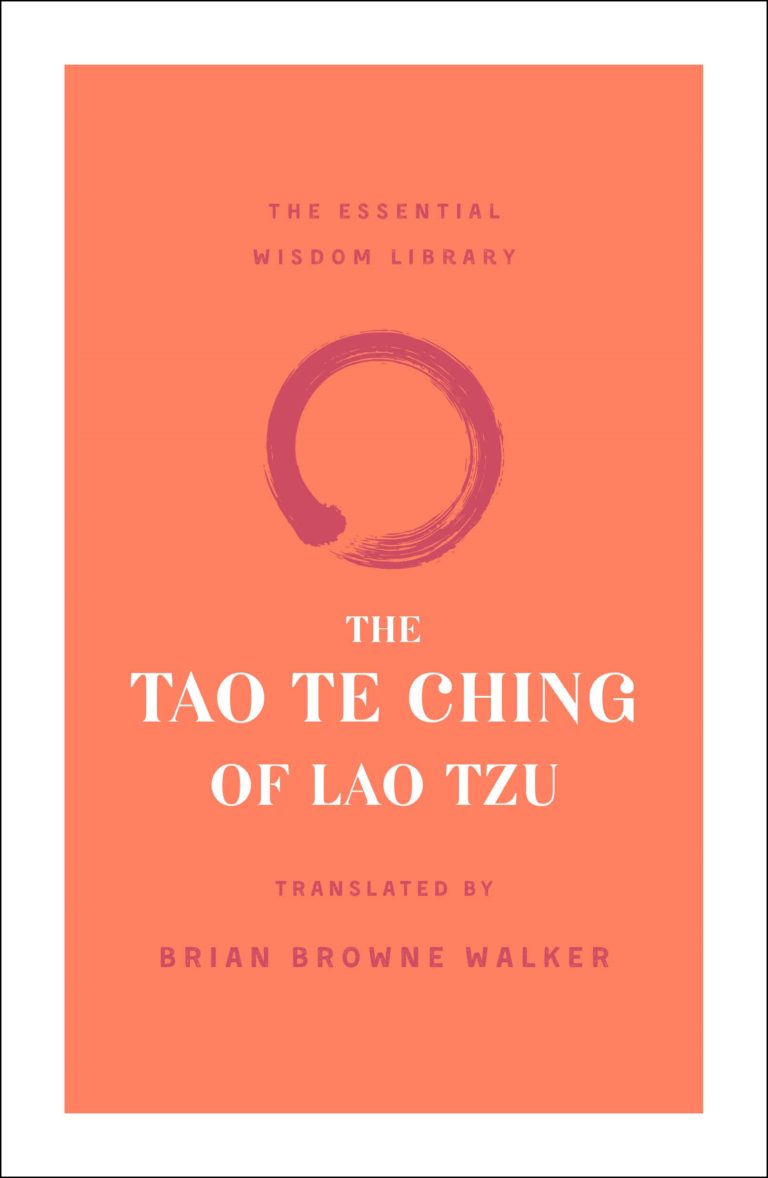

Reading previous reviews, there seem to be two factions: those who find Mitchell's version thought-provoking and soul-stirring, and those who focus on what they see as its poetical liberties with the original. I'm amazed at the storm that Mitchell's version of the Tao Te Ching has churned up.

I bet Stephen Mitchell himself would like you to have both. If you like Mitchell's approach, get one of the more literal translations too. However it is good, compelling reading, and honestly makes no pretense of being a literal translation. This is just to say that his book cannot be definitive, because it is less literal and not really a translation. None of this is to find fault with Stephen Mitchell. So, Mitchell is providing a modern interpretation of the Tao Te Ching, while Mair as well as Addiss & Lombardo are closer to a literal translation (which is not possible however, because the Chinese language and the English language are so completely different from one another.) Obviously, there were no factories, trucks, tractors, or warheads in ancient China. When the Way does not prevail under heaven, Swift horses are relegated to fertilizing fields. Warheads are stockpiled outside the cities." "When a country is in harmony with the Tao, To show how modern it is, let's take an example and compare his version of the beginning of chapter 46 with two other versions: Perhaps to the point of being "politically correct." However, he does have a way with words and this is a very readable version of the Tao.

Mitchell's version of the Tao Te Ching is very, even extremely, modern. But he is a Zen student of a couple of decades and has good insight into the Zen of the Tao (Zen Buddhism is Buddhism heavily dosed with Taoism). Stephen Mitchell has not translated this classic, but rather has paraphrased it - as he admits in the Foreward. Tao Te Ching is ancient, now a couple of millenia in print.


 0 kommentar(er)
0 kommentar(er)
